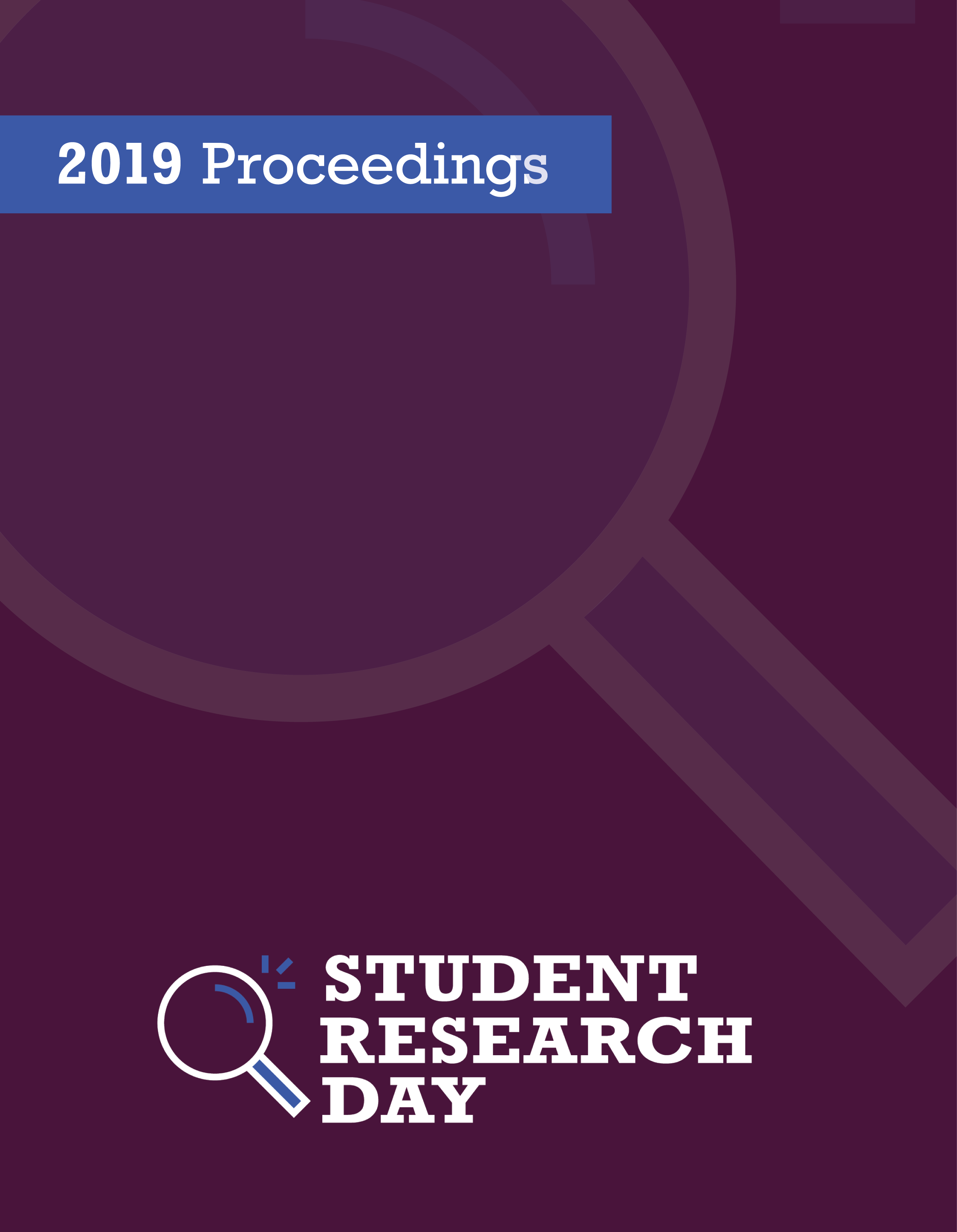Becoming a Stronger Student
An Examination of the Relative Effectiveness of Self-Management Tactics for Improving Study Behaviours
Abstract
Research has shown that self-control is a vital component of scholastic achievement. A major problem students’ face, however, is that they often succumb to the temptation of more immediately available rewards, thereby opting to put off study behaviours. Various self-management tactics are often recommended for studying improvement. Little is known, however, about what may be the ‘best’ tactics for students to implement. Thus, the present research examined the relative efficacy of several self-management tactics commonly recommended to improve studying and academic performance. Undergraduate students (N=689) at a small Canadian university completed a survey examining the association between selected self-management tactics and students’ tendency to complete intended study plans, ability to concentrate while studying, tendency to procrastinate, grade point average, and students’ perceived automaticity (“habit strength”) of sitting down to study. Regression analyses indicated that the use of a dedicated study environment, implementation intentions, and contingent self-reward were the most beneficial tactics for improving study behaviour and academic performance. A limitation of this study is the correlational nature of the results. Further experimental research is needed to properly determine the relative efficacy of these tactics for improving study behaviour and academic performance.
Faculty Mentor: Russ Powell
Department: Psychology (Honours)
References
Published
Issue
Section
License
Authors retain any and all existing copyright to works contributed to these proceedings.



